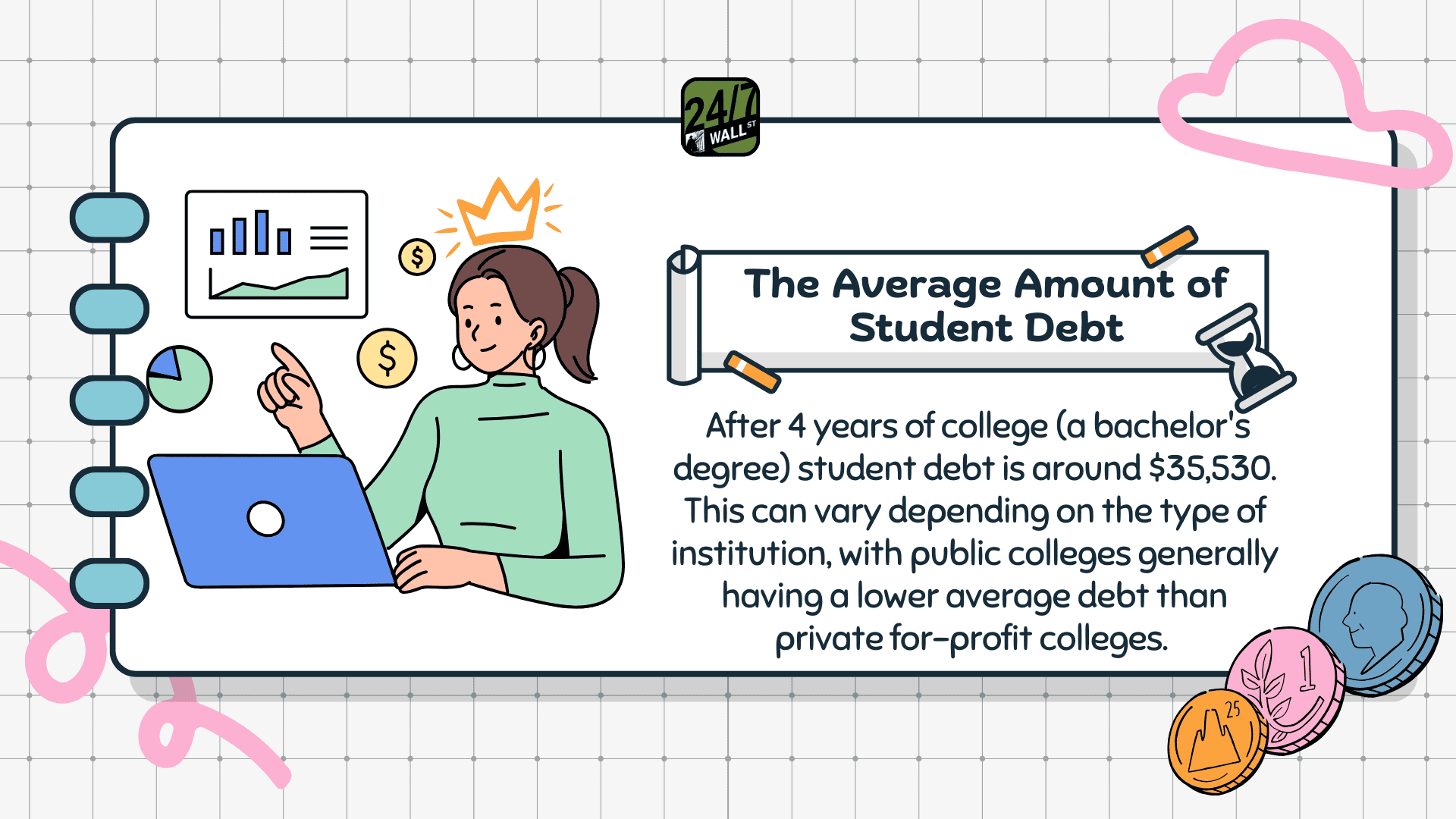Personal Finance
My daughter just graduated from an elite American university and did it debt free - this is how we pulled it off

Published:
Last Updated:

The cost of college is no joke. The annual cost of a college education at a public institution has grown from $394 in 1970 to $9,750 today. It is substantially more expensive at a private institution where a four-year degree now costs $35,248. To finance it all, Americans are swimming in debt and owe $1.74 trillion in federal and private student loans.
There is a good reason many feel a college education is out of reach and might not be worth it even if accepted. Years of working to pay off your student loans means deferring other life goals, like buying a house, starting a family, or saving for retirement.
Which is why I found this Redditor’s post on the r/Money subreddit so intriguing. mlotto7 said his daughter just graduated with a bachelor of science degree from an elite, 120-year old private college, but emerged debt-free. She was able to achieve this through a bit of planning by her parents, but also a lot hard work and sacrifice on her part. However, he maintains it is possible for anyone to do.

The key is to start early. mlotto7 said when his daughter was born he opened a 529 college savings plan with just $1,000 and geared it towards aggressive growth. He only contributed $50 a month, an amount virtually anyone can meet.
Any money his daughter received as a gift for birthdays or Christmas was split between the 529 plan and allowing her to spend (or invest) as she saw fit. He and his wife also regularly spoke with his daughter about the fund from a young age so that she was just as invested in the goal as they were.
In high school, his daughter pursued dual-enrollment in college-level courses and graduated with an associates degree. She then transferred the credits to a local university and took online classes while living at home to save on room and board fees. She worked part-time jobs and the “rent” she paid was investing $100 a month into a Roth IRA.
His daughter did apply for scholarships and grants, but focused on small ones under $500. Any costs left afterward were paid for by the 529 plan.
A lot of assumptions are being made. For example, many low-income families will find it difficult to come up with that initial $1,000 deposit for the 529 plan, though any amount to start would be better than nothing.
Also, not every school district offers students the ability to earn an AA degree — for free — while still in high school. Many limit it to only a certain number of credits and there is a cost for the classes. The Redditor was fortunate his district did it all.
Further, the single-minded focus on college and study meant his daughter likely didn’t participate in other enriching activities, like sports or social clubs. While she undoubtedly earned top grades since she got accepted into a top-tier school and is now pursuing a master’s degree, not everyone will achieve the same outcome. Nor is a study-at-all-costs mentality necessarily the best.
I have questions about the 529 plan, too. Average aggressive growth plan returns are about 9.7% annually over the past 20 years, suggesting the Redditor’s portfolio was less than $30,000 based on his contributions. Since his daughter is now using the remaining balance in the plan to also finance half her masters degree — the average cost of which is over $59,000 at a public college — sizable additional contributions must have been made.
Certainly, the broad strokes of the plan are helpful in minimizing the cost of a college education. Starting early, investing regularly, and focusing on the importance of education are all real-world steps parents can take.
While this isn’t tax or financial planning advice — consult with a professional before embarking on any course of action — I wouldn’t view it as a blueprint to follow to help your own child graduate from college debt-free. The Redditor’s plan is a good place to begin, but there are privileges built in that are unavailable to many, so not everyone will achieve the same result.
Start by taking a quick retirement quiz from SmartAsset that will match you with up to 3 financial advisors that serve your area and beyond in 5 minutes, or less.
Each advisor has been vetted by SmartAsset and is held to a fiduciary standard to act in your best interests.
Here’s how it works:
1. Answer SmartAsset advisor match quiz
2. Review your pre-screened matches at your leisure. Check out the advisors’ profiles.
3. Speak with advisors at no cost to you. Have an introductory call on the phone or introduction in person and choose whom to work with in the future
Thank you for reading! Have some feedback for us?
Contact the 24/7 Wall St. editorial team.